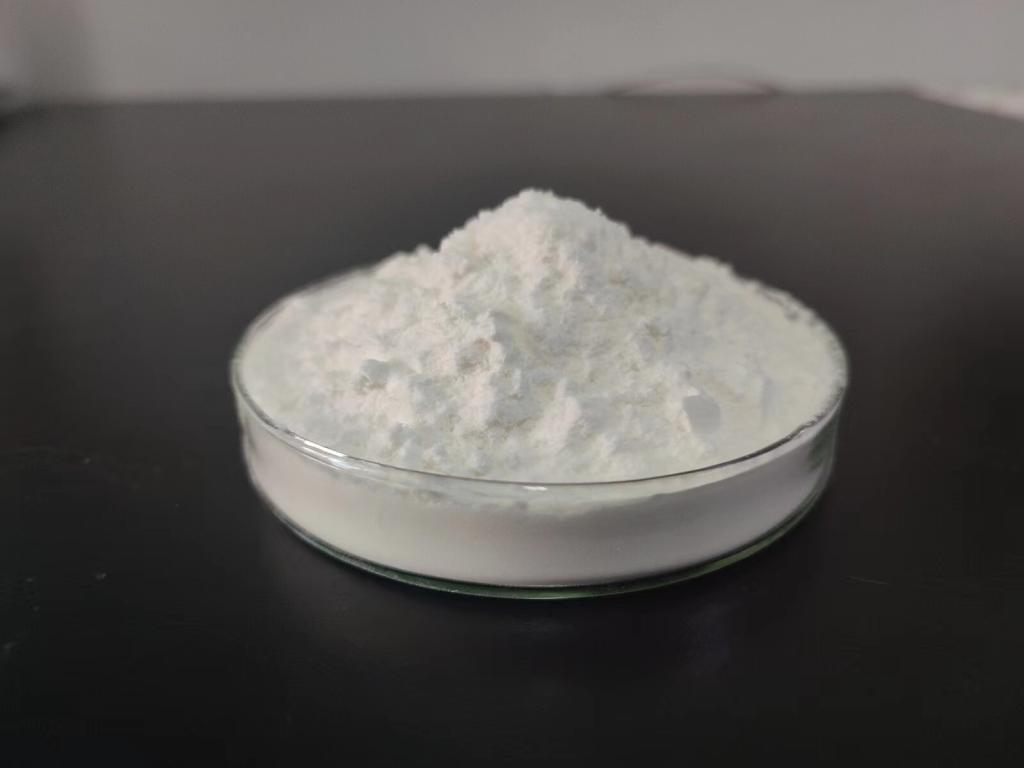Tel:+8618231198596

News
 CONTACT
CONTACT
 CONTACT
CONTACT
- Linkman:Linda Yao
- Tel: +8618231198596
- Email:linda.yao@dcpharma.cn
- Linkman:CHARLES.WANG
- Department:Overseas
- Tel: 0086 0311-85537378 0086 0311-85539701
News
Applications of ε-Polylysine hydrochloride in personal care products for antimicrobial protection
TIME:2024-09-05
Understanding ε-Polylysine Hydrochloride
ε-Polylysine hydrochloride is a water-soluble polymer composed of lysine units linked by ε-amino groups. It is produced through microbial fermentation and is known for its ability to inhibit the growth of a wide range of bacteria, yeasts, and molds. Its natural origin and safety profile make it an attractive preservative option for personal care products, as it aligns with consumer preferences for natural and minimally processed ingredients.
Benefits of ε-Polylysine Hydrochloride in Personal Care Products
Antimicrobial Efficacy: ε-PL exhibits potent antimicrobial activity, making it effective in preventing the growth of spoilage organisms that can degrade the quality of personal care products. This is particularly important for products that are applied topically, where microbial contamination can lead to skin irritation or infection.
Natural and Safe: Being derived from natural sources, ε-PL is generally recognized as safe (GRAS) by regulatory authorities. This natural preservative is favored by consumers who are increasingly conscious about the ingredients in their personal care products and prefer clean-label formulations.
Broad-Spectrum Protection: ε-PL is effective against both Gram-positive and Gram-negative bacteria, as well as yeasts and molds. This broad-spectrum activity ensures comprehensive protection against a variety of potential contaminants, making it a versatile preservative option.
Synergistic Effects: When used in combination with other preservatives or natural antimicrobials, ε-PL can create a multi-hurdle approach to product preservation. This synergy can enhance the overall efficacy of the preservation system, providing additional layers of protection.
Minimal Impact on Product Sensory Attributes: ε-PL does not significantly alter the sensory qualities of personal care products, such as their texture, color, or fragrance. This is crucial for maintaining the user experience and ensuring that products continue to meet consumer expectations.
Applications in Personal Care Products
ε-Polylysine hydrochloride can be incorporated into a wide range of personal care products, including:
Cosmetics: Makeup, including foundations, lipsticks, and eyeliners, can benefit from the antimicrobial properties of ε-PL, helping to prevent microbial growth and ensuring that these products remain safe for prolonged use.
Skincare: Moisturizers, serums, and facial cleansers can incorporate ε-PL to protect against bacterial and fungal contamination, ensuring that these products maintain their efficacy and do not become a source of infection.
Hygiene Products: Hand sanitizers, soaps, and body washes can leverage the antimicrobial properties of ε-PL to provide additional protection against pathogens, enhancing the overall hygiene benefits of these products.
Hair Care: Shampoos and conditioners can benefit from ε-PL, which can help prevent the growth of microorganisms that can cause scalp issues and affect the quality of the hair care products.
Challenges and Considerations
While ε-PL offers numerous advantages, there are also considerations to keep in mind:
Optimal Concentration: Determining the appropriate concentration of ε-PL for each product is essential to achieve effective preservation without affecting the product's sensory qualities or causing any adverse reactions.
Stability Under Processing Conditions: The stability of ε-PL under various processing conditions, such as heating and mixing, should be evaluated to ensure its efficacy throughout the manufacturing process.
Consumer Education: Clear communication about the benefits and safety of ε-PL is necessary to build consumer trust and acceptance, as some users may be unfamiliar with this preservative.
Research and Development
Ongoing research is aimed at optimizing the use of ε-PL in personal care products to maximize its effectiveness while maintaining product quality. This includes studies on the stability of ε-PL under different storage conditions and its interaction with other ingredients to ensure long-term preservation.
Conclusion
The application of ε-Polylysine hydrochloride in personal care products represents a significant advancement in providing natural and effective antimicrobial protection. By leveraging the broad-spectrum antimicrobial properties of ε-PL, manufacturers can develop safer, longer-lasting products that cater to consumer preferences for natural and minimally processed ingredients. As research continues to refine the use of ε-PL, its role in supporting the quality and safety of personal care products is poised to expand, contributing to a healthier and more sustainable personal care industry.
- Tel:+8618231198596
- Whatsapp:18231198596
- Chat With Skype







